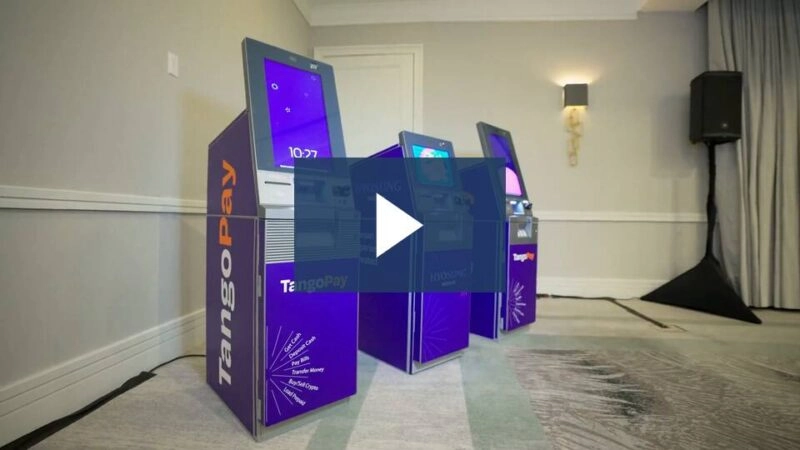Inspired Banking Episode 2
ATMs have long been a part of the banking processing, but the pandemic accelerated the use of self-service tools in banking was. Bill Budde, Vice President of Banking Strategy and Solutions for Hyosung, spoke with Inspired Banking host Tyler Kern about the evolution of banking self-service tools and which technology benefits end-user experience and bank efficiency.
The prevalence of deposit automation opened the door to drive straightforward transactions to automation instead and bypass administrative tasks employees would otherwise need to complete. Minimization of training, documentation, managing, and auditing of processes created efficiencies and allowed employees to tend to customer needs. “You don’t have to spend so much time reconciling the counting and on purely operational nonvalue tasks. You can really refocus that time on how to relationships, how to ensure that the customers are getting what they need and the best service they can get,” Budde stated.
Automated processes depleted the need for space in bank branches, allowing them to shrink. Banks can then target geographic areas with smaller spaces to reach new populations. These spaces can focus more on consultative and customer-oriented services. If the small branches cannot accommodate all services, the main branch would fulfill these.
Budde explained the importance of 24-hour bank access: “Access is a form of customer expectation at this point because pretty much every vertical was forced to have some kind of access that didn’t require in-person interaction.”
Some services that may soon be available in this 24-hour access include core integration, which allows high-level banking processes such as paying loans to occur through ATMs. Additionally, video tellers may verify IDs for large ATM transactions while the rest of the process is automated so tellers can support 10 to 15 ATMs at once.
For more information on Hyosung and to contact Budde, visit hyosungamericas.com.



